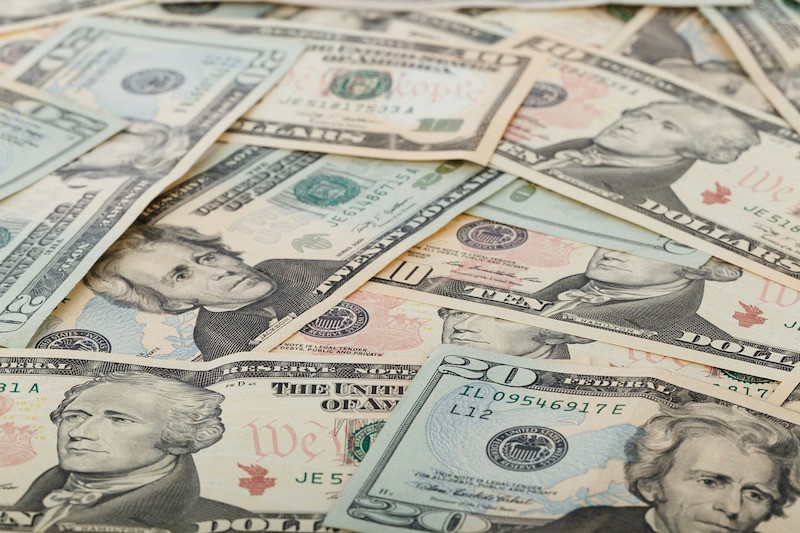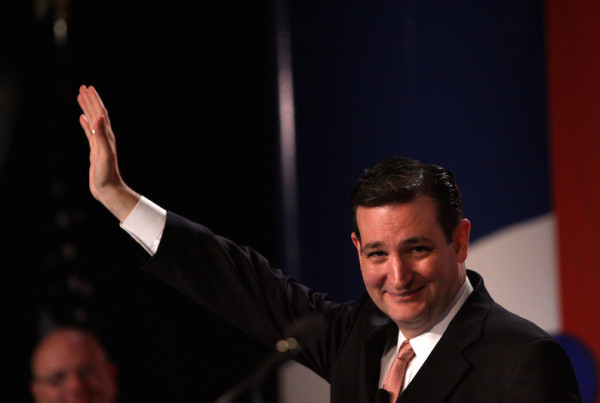When historians look back on 2016, they may conclude that this year marked a sea of change. For decades, politicians have advanced the argument that free trade helps keep the peace while lowering the price of goods and stimulating economic growth – but not all are sharing in the bounty.
There are plenty of signs to suggest that the upsets we are seeing politically may reflect that we are now undergoing what the New York Times this week called a sobering period of reckoning. Indeed, trade has been an undercurrent in the recent presidential race between Democrat Hillary Clinton and Republican nominee Donald Trump.
Peter Rodriguez is a dean of Rice University’s Jones Graduate School of Business. He says trade is important to voters because it’s symbolic of many changes that have left them dissatisfied with their current economic prospects.
“It’s also true that trade always creates gains and losses but that those who get the gains aren’t always the same ones as those who share the losses,” Rodriguez says. “It’s always been the case that societies and governments have to find a way to redistribute the benefits of trade.”
What you’ll hear in this segment:
– How did we get to a hollowing of the middle class?
– Whether we’ve done enough to support middle-class families and their incomes
– Are voters right to be skeptical about policies like the Trans-Pacific Partnership

















